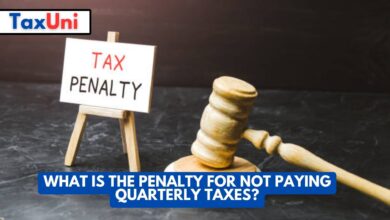Does Delaware Tax Roth IRA Distributions?
Delaware is one of the most retiree-friendly states in America, thanks to its low property taxes and income tax rates. The state also offers affordable living and a wealth of top retirement communities.

Delaware does not tax qualified distributions from Roth IRAs. This means that if you meet the qualifications for a qualified distribution, you will not pay any state income tax on the money you withdraw from your Roth IRA in Delaware. In general, IRA distributions are taxed in the same way as other income in Delaware. However, you can exclude certain amounts of pension and 401(k) income if you meet the eligibility requirements.
Here are the two key qualifications for a qualified Roth IRA distribution:
- Five-year aging requirement: The contributions have been in the account for at least five years.
- Minimum age requirement: You have reached age 59½.
If you meet both of these requirements, any distributions you take from your Roth IRA will be considered qualified and thus exempt from Delaware state income tax. This benefit of Roth IRAs makes them a popular choice for retirement savings in Delaware.

Is Delaware a Tax Haven?
The state of Delaware is often referred to as a tax haven because of its lenient business taxes. The state does not charge corporate income tax for companies that don’t conduct business in the state, and it has low property taxes. The state also does not charge sales, investment, or inheritance taxes. Companies that do conduct business in the state must pay a franchise tax, but this can be a fraction of the tax other states would charge.
The lack of a state income tax has attracted many public companies to the state. Many large companies use a strategy known as the “Delaware loophole,” which allows them to avoid paying state income taxes by setting up subsidiaries in Delaware that hold intangible assets, such as trademarks and naming rights. This strategy can save the company billions of dollars in state taxes.
There are also a number of offshore banking centers in the state, making it easy for criminals and kleptocrats to hide their assets. For example, the infamous arms dealer Viktor Bout used shell companies in Delaware and Texas to conceal his assets from the authorities.
However, despite its reputation as a tax haven, Delaware is not on any official blacklists of financial secrecy jurisdictions. Nevertheless, its loose rules make it easy for public companies to evade taxes in other states, and other states lose billions in revenue as a result.





